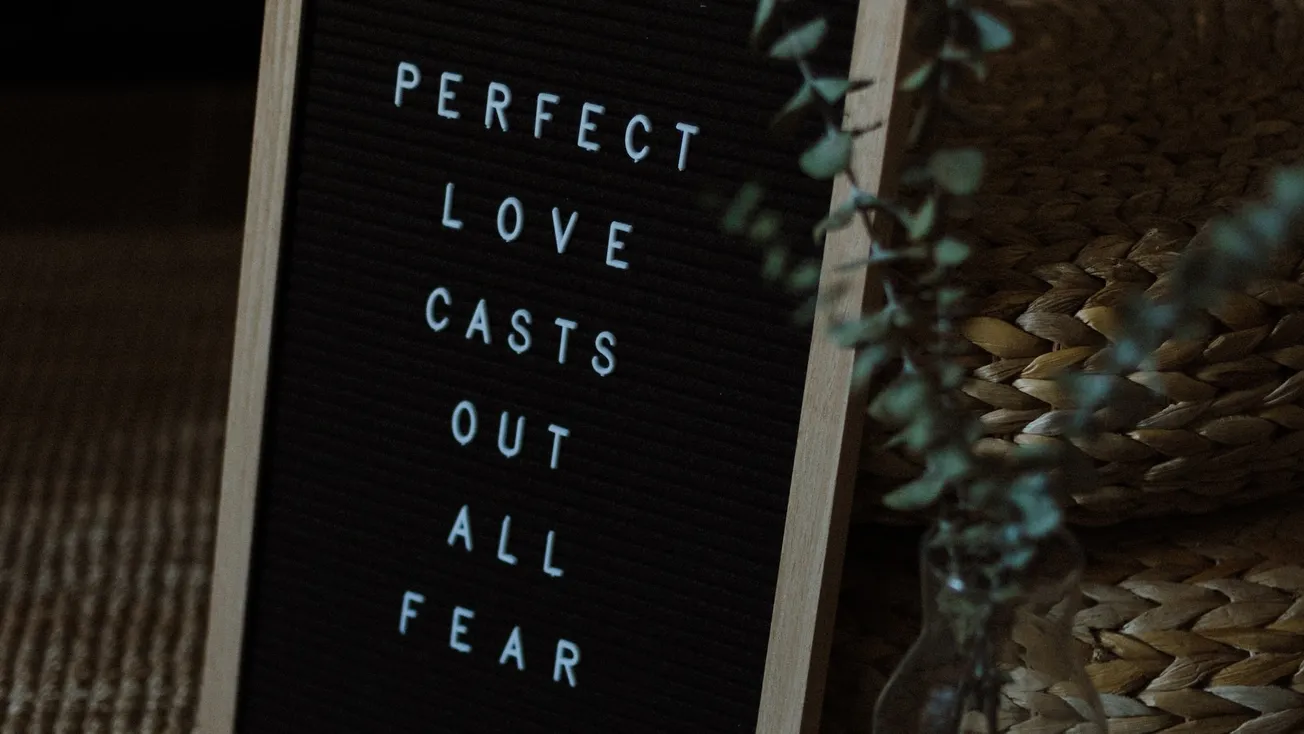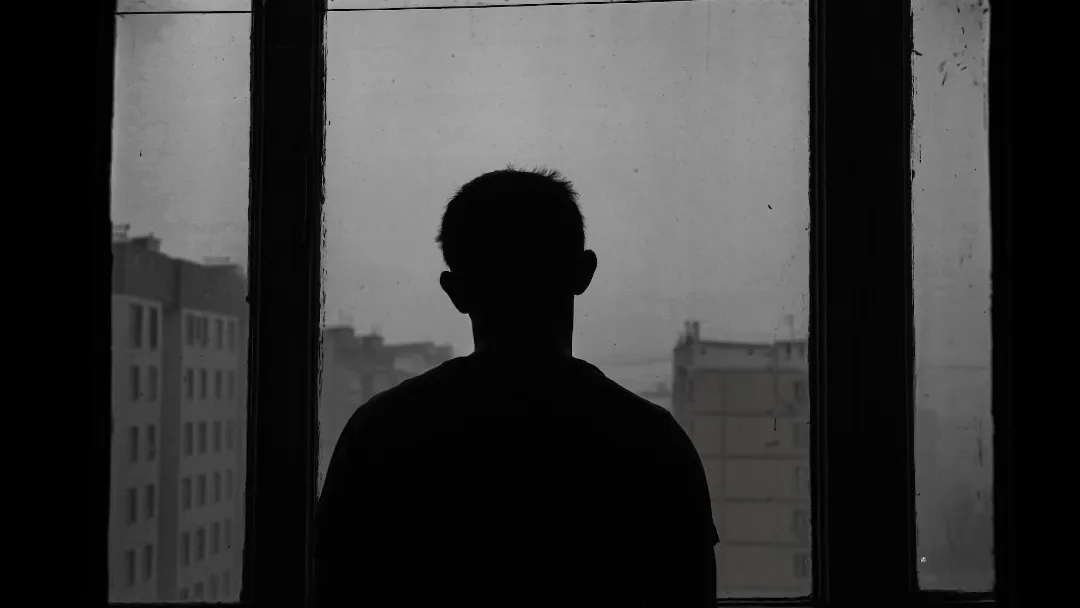Table of Contents
Over the last few weeks, Emma and I have enjoyed watching the new TV show FlashForward. In the first episode, the entirety of humanity blacks out simultaneously for exactly two minutes and 17 seconds. During this blackout, everyone has a ‘flash-forward’, and experiences a snapshot of their own life six months in the future.
We’re looking forward to seeing how the show unfolds, but for the moment, we’ve been struck by the various reactions to these ‘visions’ set up amongst the main characters: contentment, joy, terror, and so on. At one point, the dialogue presents it starkly for the viewer: half the world is desperate for their vision to come true, and the other half is desperate to avoid it. Em and I have found ourselves often reminded of how powerfully it illustrates something that I was preaching about a few months ago.
Six months ago I was preaching a series on guidance: does God guide, how does he guide, what does he guide us in, and where is he guiding us, and so on. Along the way, I took some time to answer the question “Why doesn’t God just give me a map of my life—tell me what I’m supposed to do?”. A part of my answer was this: it’s actually God’s grace that he doesn’t tell us.
Let me explain. Psalm 139 tells me that I can’t escape God’s will: at no time or place in creation can I ever think, act or speak in such a way that it is outside of God’s sovereignty: “In him we live and move and have our being” (Acts 17:28). But just because this is true, it doesn’t mean that I need to know what the details of it are: God may have every hair of my head numbered, but I don’t need to know how many there are. I can and should trust him with my life. In fact, the reality that God is in control of my days and that I don’t know means that I can only respond to this in light of God’s character—trusting his faithfulness to the promises he makes about my life, death and eternal life, so that I need not fear tomorrow, nor be anxious about it.
But what if I did know? It’s at that point we need a healthy understanding of our sinfulness.
Take, for instance, the question (nearly) every young person wants to know the answer to: “Who has God decided I am going to marry?” My answer is this: what if the future isn’t something you want to hear? What if the person God has decided for you to marry will commit adultery: would you still marry them? If the person couldn’t have children, would you still marry them? Or in a conversation I had with one lady after I preached this, what if God intends for you to marry a husband who will have severe, incapacitating depression for 15 years?
It’s at this point (once we know that our future in God’s plan isn’t what we’d plan) that our desire to avoid God’s will emerges. If you knew that you’d die of a car crash on a particular day, would you get into a car that morning?
It’s God’s grace to us that we don’t know. It reduces our propensity to rail against his will, or our desire to give in to the temptation to avoid it. It allows us to trust him without knowing things beyond our ability to bear. In talking to the lady whose husband was mentally incapacitated, she spoke in no uncertain terms about how she’d have reacted if she’d known ahead of time: she’d have shot through.
For the moment, at least, FlashForward has powerfully illustrated this tendency. It’s also provoked thought for me on the other side of the coin: what would our natural selves do when we find out our future is good (according to our own desires)? Would we take it into our own hands, and view ourselves as makers of our own destiny?
This article was originally published in The Briefing.









